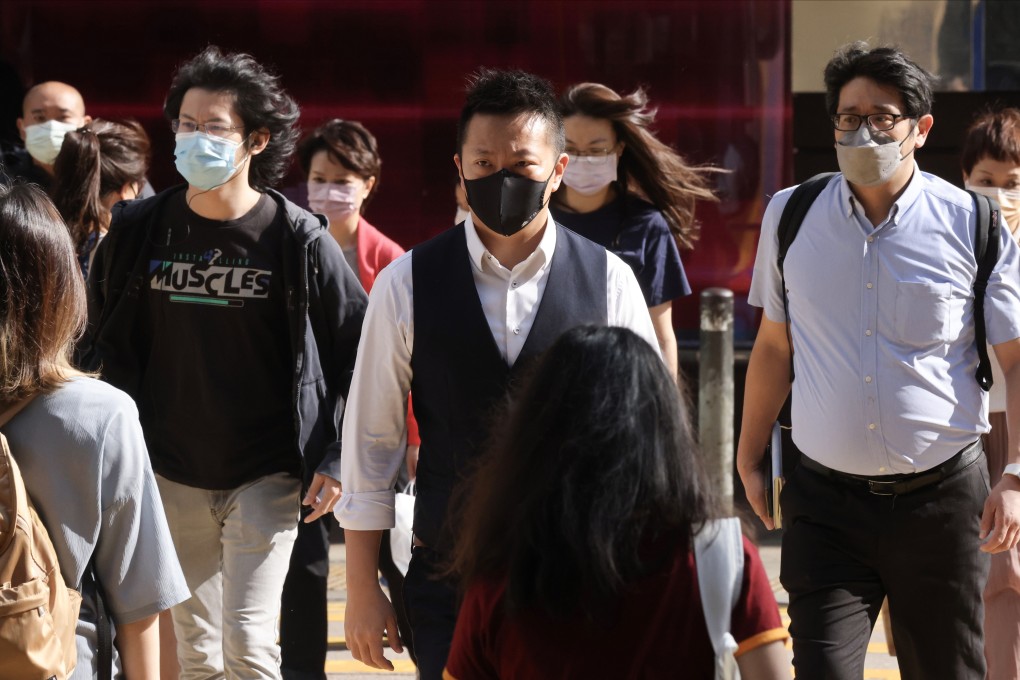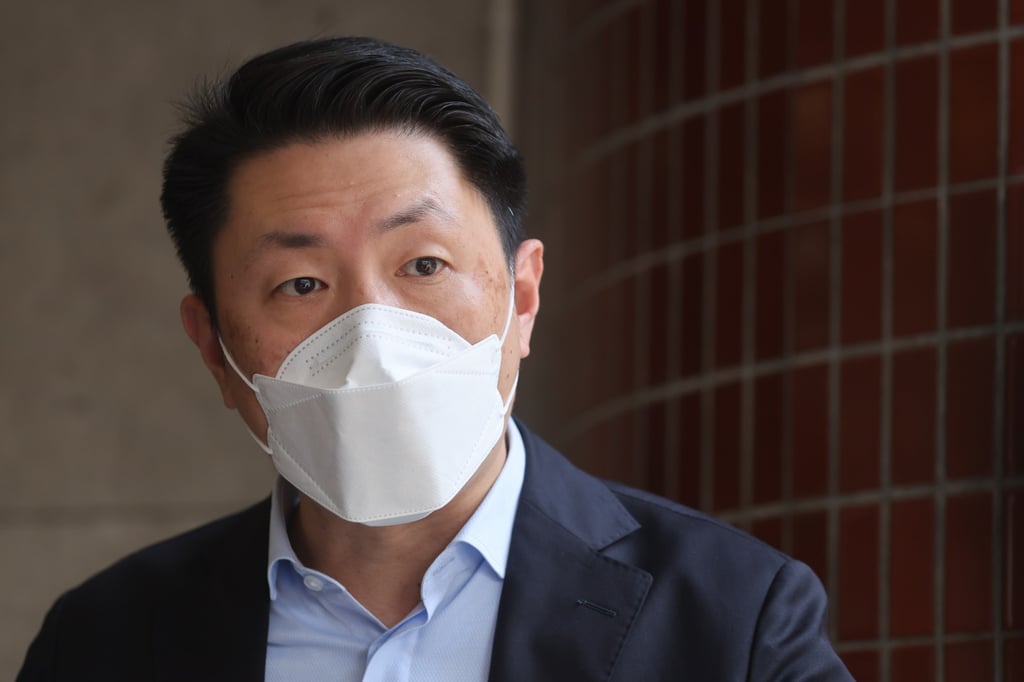Coronavirus: XBB may become dominant strain in Hong Kong, health expert says, pointing to Singapore’s explosion of cases
- But Professor Ivan Hung says population has strong level of immunity against coronavirus subvariants, like XBB, which derive from commonly found local strains.
- Hong Kong has logged 140 cases of XBB strain since first infection was reported in city on October 10

The highly transmissible XBB could become the next dominant strain of Covid-19 in Hong Kong, but the population’s level of hybrid immunity should stave off severe illnesses, health experts have said.
The city has recorded 140 XBB infections since an overseas traveller became the first known carrier on October 10, but the number still pales beside other cases involving dominant strains in the city, such as BA.4 or BA.5. They accounted for 95.1 per cent of local cases over the past two weeks, compared with less than 0.1 per cent involving XBB.
“XBB could be the next dominant strain in Hong Kong,” said Professor Ivan Hung Fan-ngai, a top infectious disease expert at the University of Hong Kong. “Nevertheless, XBB is a recombinant of BA 2.75 and 2.10.1. Most people in Hong Kong have been infected with Omicron BA.2 or BA.5 before, plus [they have] a very high vaccination rate. Therefore, [they have] very high hybrid immunity.”
The immunity, coupled with a lack of evidence showing XBB was more virulent than other strains, had led Hung to believe the threat it posed to residents was minimal even if it became the dominant one due to its high transmissibility.
“Therefore, it will not be a threat to the healthcare system in Hong Kong in the winter,” he said.

But the potential of XBB to drive up infections had been demonstrated in Singapore, where the strain fuelled a surge to 60,000 cases for the week ending October 17, up from about 41,000 logged the week before. Authorities in the city state also said they expected the daily figure to peak at about 15,000 by mid-November.
